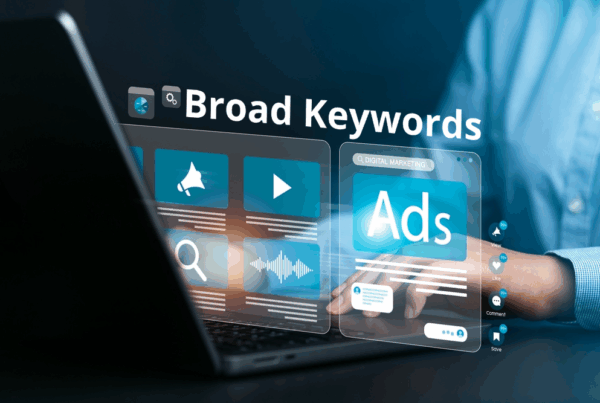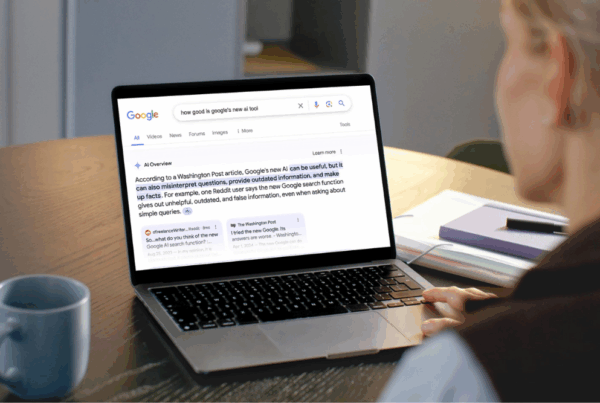
As we start the New Year, we wanted to help you create a local SEO strategy in 2017. One of the most important factors for getting new clients in 2017 is a local search engine optimization strategy. More and more customers use search engines to locate businesses in their area.
It’s no longer enough to optimize your site using keywords related to your industry, such as “lawyer,” “Italian restaurant,” “dentist,” or whatever your field might be. You also need to specify your city, region and neighborhood to capture people seeking a “lawyer in Houston” or a “Italian restaurant in Madison.”
Let’s look at some of the top local SEO strategies for 2017
Create Local Listings
The first SEO factor to consider for local optimization is to make sure your site is listed on Google for Business, Yahoo Local and Bing Places for Business. The search engines don’t automatically list your site, so it’s up to you to add your listing. This is free to do and it’s important to make sure all contact information is accurate and up to date. You should include contact information such as your business name, physical address, phone number and website URL. It’s also helpful to provide customers with clear directions to your business via Google Maps.
On-page Optimization
As with any type of SEO, you want to make sure your on-page meta data is optimized for the search engines. To begin with, research all of the keywords that customers are likely to use to find your business. This includes not only your town or city, but also the neighborhood or any other words people might use. For example, in New York City, people might look up neighborhoods such as Lower East Side, Chinatown or Grammercy Park. If you’re not familiar with the city, make sure you research neighborhoods so you can include these terms.
Meta data such as title tags, meta descriptions and alt tags make your site easier for the search engines to crawl and understand. This is, of course, true for any type of SEO and it holds true for local SEO as well. Another on-site factor Google and other search engines look for is contact information, such as your email address and phone number. Naturally, you should do this for the benefit of your customers without even thinking about the search engines, but it’s something some business forget to include.
Add Quality Content
Don’t neglect the importance of quality content when it comes to search engine optimization. In fact, Google increasingly considers this a priority when ranking sites. Many local businesses have very thin content, with only a page or two of descriptions of products or services. You can separate yourself from the competition by adding additional content, such as a blog.
Take Advantage of Social Media
Establishing a strong social media presence is another important way to rank local sites in the search engines. In addition to finding new customers directly from sites such as Facebook and Twitter, Google often ranks social content highly. There are many ways to promote on social media, including a Facebook page, relevant tweets and photos on Instagram. Use local search terms on social media the same as you do on your website. Videos are especially useful on social media, as you can upload the same video to multiple sites such as YouTube, Facebook, Twitter and others.
Local Business Schema Data
Add schema data to the location listing on your website to help the search engines crawl and index this information. Schema Data is one of the easiest ways to markup your content to allow the search engines to understand this content. There are special tags you will add to the content of the page.
These are a few of the most important factors to consider for local SEO. As a rule, try to think like a potential customer who is searching for your type of business. Think of the search terms such people are likely to use as well as the kind of content they need. This will help you attract more local business as well as rank better in the search engines.
If you’re looking for a partner to handle your local SEO strategies in 2017, contact Moxie Digital today!




